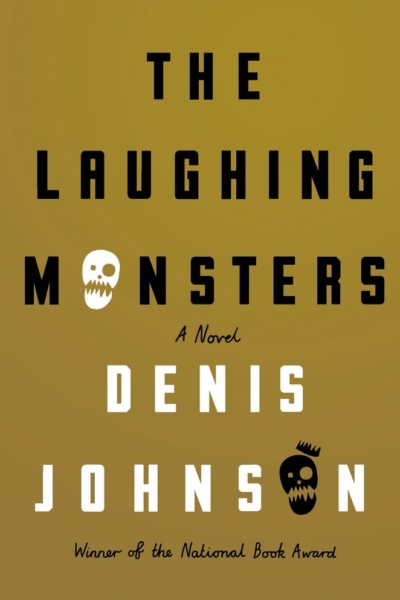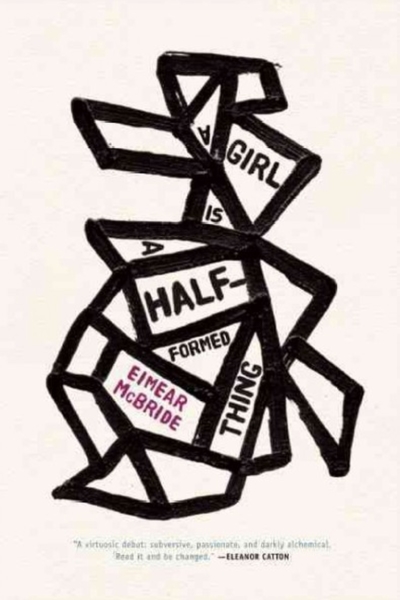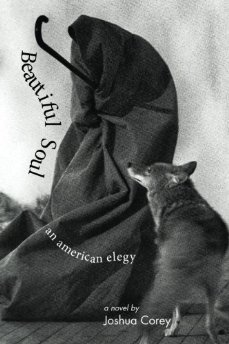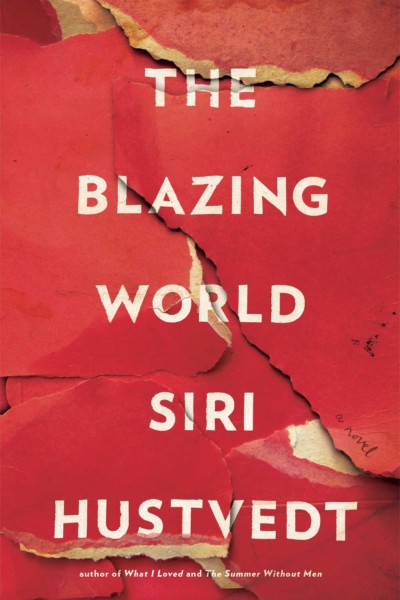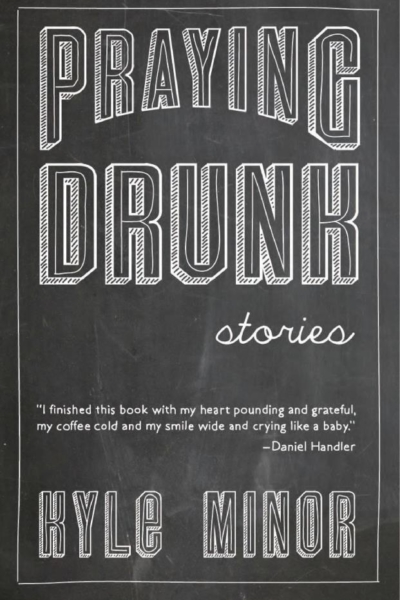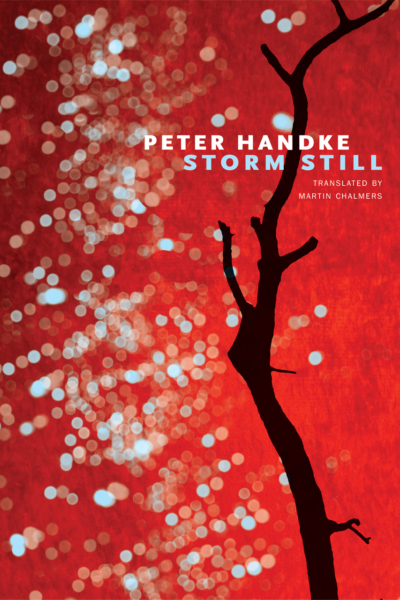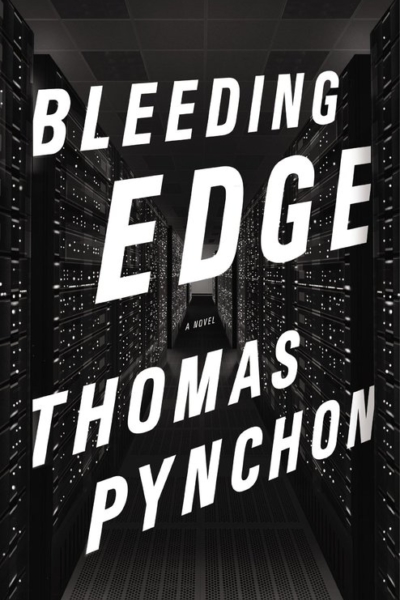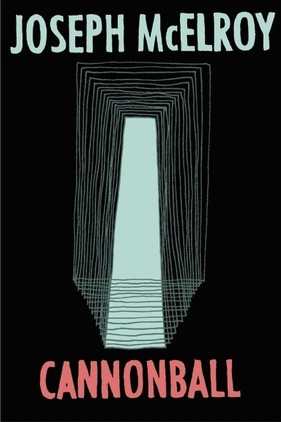The Laughing Monsters – Denis Johnson
Johnson seems content to produce an entertainment of the kind Graham Greene claimed to periodically write, a novel that engages the author’s characteristic themes, but in a manner that seems safely familiar.
A Girl is a Half-Formed Thing – Eimear McBride
If the prose style we encounter is initially resistant to our usual expectations, it acquires its own kind of clarity in advancing the narrative.
Beautiful Soul, in its scrupulous attention to phrase and image in almost every sentence, could be called an attempt to bring the characters and their milieu to life through the vigor of the words on the page.
The Blazing World – Siri Hustvedt
If conceptual art often reduces the experience of art to the contemplation of the idea that the art serves to bring into focus, The Blazing World settles for the ideas leading to the ideas leading to the art whose existence must remain imaginary.
The book is caught between the impulse to evoke the culture and struggles of the Bible Belt and what seems like a retroactive concern with aesthetic design.
It is not uncommon in discussions of Peter Handke’s work for both Handke and literary critics to refer to a “text” of his rather than to a novel, a play, or a memoir.
Hawthorn and Child – Keith Ridgway
Hawthorn and Child is a fundamentally conventional work of fiction, with arguably the imposed tension between reading it as a novel and reading it a series of short stories the sole adventurous feature.
Bleeding Edge – Thomas Pynchon
Ultimately Bleeding Edge is not so much “minor” Pynchon as it is a kind of synthetic replica of a Thomas Pynchon novel, all the more disappointing because it was written by Pynchon himself.
A difficult novel should be difficult because it prompts us to reexamine our facile assumptions, not because it’s boring.
Benediction sets out to do what old-fashioned realism, at its best, took as its central ambition, to portray life as lived, without the kind of artificial distortions that would make it seem either better or worse than the actuality itself allows.



